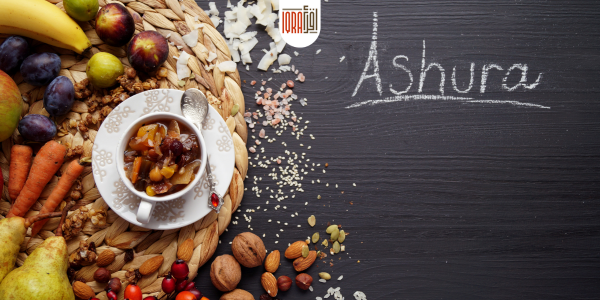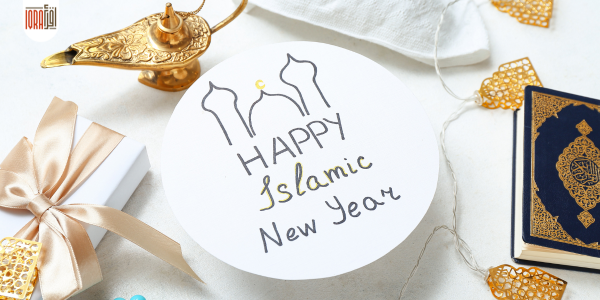Introduction
In the quest for spiritual growth and wisdom, many seek to emulate the qualities of Ulil Albab. Who are these individuals, and what sets them apart? In this blog post, we’ll explore the characteristics that define the Ulil Albab, the rewards of following in their footsteps, and how you can aspire to be like them.
Understanding Ulil Albab
Ulil Albab, a term found in the Quran (Surah Al-Ankabut, 29:49), refers to those who possess deep insight and wisdom. They are individuals who combine faith, knowledge, and righteous actions to attain a special status in the eyes of Allah. To become like them is a noble aspiration for any believer.
The Qualities of Ulil Albab
- Knowledge Seekers: Ulil Albab are relentless in their pursuit of knowledge. They are avid learners, continuously seeking to expand their understanding of the world and their faith. This quality not only broadens their horizons but also deepens their connection with Allah.
- Patience and Perseverance: Patience is a virtue that Ulil Albab embody. They remain steadfast in the face of challenges and adversity, trusting in Allah’s plan. Their perseverance inspires others to stay committed to their faith.
- Gratitude and Contentment: Ulil Albab are grateful for Allah’s blessings, regardless of their circumstances. They find contentment in their faith, and this inner peace shines through in their actions and interactions with others.
- Compassion and Kindness: These individuals are known for their compassion and kindness toward others. They actively seek opportunities to help and uplift those in need, spreading goodwill wherever they go.
- Humility: Despite their knowledge and wisdom, Ulil Albab remain humble. They do not seek recognition or praise but instead focus on serving Allah and His creation.
How to Be Like Ulil Albab
Now that we understand the qualities of Ulil Albab, let’s explore how you can strive to be like them:
1. Seek Knowledge
Emulate Ulil Albab by becoming a lifelong learner. Enroll in educational programs, read books, and seek the guidance of scholars. Consider exploring our memorization course at Iqra Network to deepen your understanding of the Quran.
2. Practice Patience
In times of difficulty, remind yourself of the importance of patience. Trust in Allah’s plan, and remember that trials are a means of spiritual growth. Join our program at Iqra Network to connect with a supportive community that can help you stay resilient.
3. Cultivate Gratitude
Start each day with gratitude. Reflect on your blessings and acknowledge Allah’s gifts. Express your thankfulness through prayers and acts of kindness toward others.
4. Show Compassion
Practice empathy and compassion in your daily life. Seek opportunities to help those less fortunate, whether through charitable acts or volunteering in your community.
5. Embrace Humility
Avoid seeking recognition or praise for your good deeds. Instead, focus on serving Allah and His creation with sincerity and humility.
The Reward of the Ulil Albab
The Quran promises significant rewards for those who emulate the qualities of Ulil Albab. Surah Al-Ankabut (29:69) states, “And those who strive for Us – We will surely guide them to Our ways. And indeed, Allah is with the doers of good.”
This verse emphasizes that Allah will guide and support those who strive to be like Ulil Albab. The reward includes spiritual growth, inner peace, and the ultimate goal of attaining Allah’s pleasure.
Conclusion
In the pursuit of becoming like Ulil Albab, one embarks on a transformative journey of faith, knowledge, and virtuous action. By seeking knowledge, practicing patience, cultivating gratitude, showing compassion, and embracing humility, you can inch closer to embodying the qualities of these revered individuals.
Join our community by registering and exploring our memorization course to take the first steps on this meaningful path. Together, let us strive to be the Ulil Albab of our generation, seeking Allah’s guidance and grace at every step of our journey.
Read more





0 Comments
Oops comments are disabled